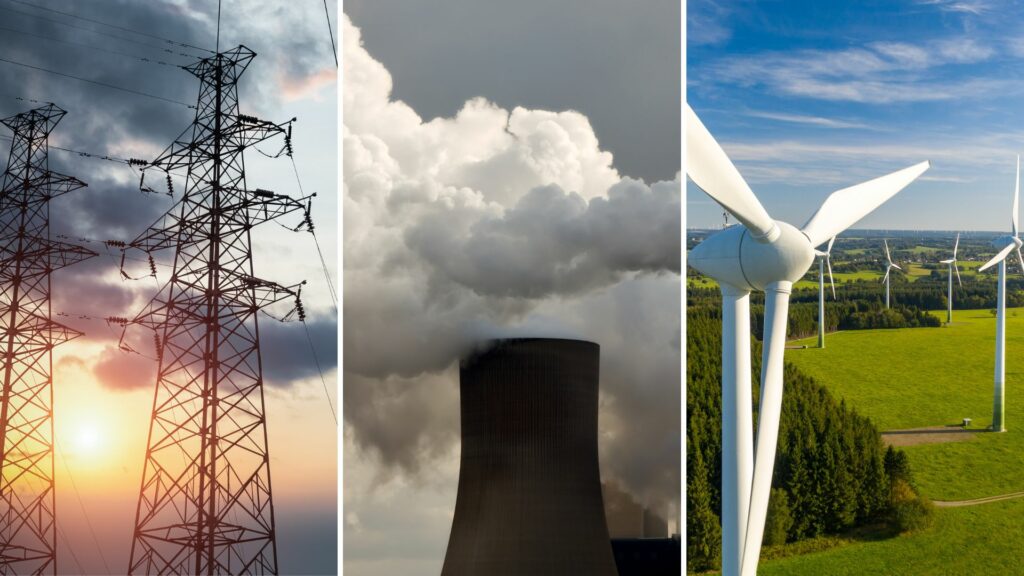Federal Energy Minister Tinne Van der Straeten has given the go-ahead for grid operator Elia to carry out a ten-year Federal Development Plan, detailing how to strengthen Belgium's energy supply and keep it affordable.
The 2024-2034 programme details how Belgium's electricity network must evolve and be expanded to ensure energy independence in the transition to a carbon-neutral society.
"This energy transition will only succeed if the three objectives of the energy challenge are met: a reliable, sustainable and affordable energy system," the group noted.
The report proposes numerous changes that will adapt the grid to new production (from for example renewables and offshore wind) and consumption patterns (such as massive electrification as a result of this renewable energy production).
"If we do not anticipate what is to come, the electricity grid will be a bottleneck for the large-scale integration of renewable energy, delaying the energy transition," Elia noted.
Upward revision of costs
Among the major infrastructure projects laid out in the report are the Triton Link between Denmark and Belgium, whose completion has already been delayed, and the Princess Elisabeth energy island off the Belgian coast. Other projects for the next ten years will be made concrete at a later date.
However, Van der Straeten said this initial go-ahead is not an approval for all projects as they stand currently. Her clarification was in particular reference to the recent upward revision of cost estimates for these two projects, which are now expected to cost millions of euros more. The minister already confirmed that the Triton Link will only go ahead if it receives an EU subsidy and if it is cost-effective for Belgian customers.
This important caveat is in line with Van der Straeten's efforts to make the plan more dynamic; she has made clear her preference for an updated plan every two years in order to ensure that the proposed projects are on track and are attainable in the present time. At the moment, revisions to major infrastructure plans are published every four years.
Related News
- Boiler ban: Will Belgium follow in Germany and Netherlands' footsteps?
- Too much solar? Belgium's electricity network not suited to mass solar roll-out
The total cost of the envisaged changes is not yet known, but for the period 2024-2027, Elia already intends to invest €6.5 billion.
The federal energy watchdog CREG and several industry federations have expressed concerns, announcing a near doubling of electricity transport tariffs for the next tariff period. In response, Van der Straeten has argued that certain investments are “necessary to accelerate electrification and reduce CO2” and “the cost of doing nothing is many times more expensive."

